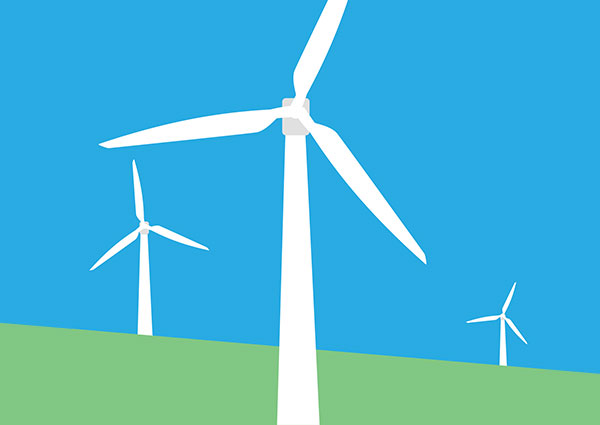Watt Can You Power? - lesson plan 11-14s
- 11-14s
- Energy
Compare electric output with the power generated by an athlete during exercise.
In this activity students discover ‘people power’. They investigate the fact that people generate power when they exercise. They calculate their own power output and compare it to that of a professional athlete.
Download (68 kb)
Science
Working scientifically
Geography
Human and physical geography
Pupils should be taught to describe and understand key aspects of:
Mathematics
Number, money and measure
Number and number processes
Measurement
Sciences
Planet Earth
Energy sources and sustainability
Social Studies
People, place and environment
Mathematics: Skills
Solve mathematical problems
Pupils should be given opportunities to:
Mathematics: Range
Number
Pupils should be given opportunities to:
Handling data
Pupils should be given opportunities to:
collect data for a variety of defined purposes, including those that arise from their own questions, and from a variety of sources
Science: Skills
Enquiry
Pupils should be given opportunities to carry out different types of enquiry by:
Planning
Developing
Reflecting
Science: Range
The Sustainable Earth
Pupils should be given opportunities to study the properties of materials relating to their uses.
How things work
Pupils should be given opportunities to study the uses of electricity and its control in simple circuits.
Geography: Skills
Understanding places, environments and processes
Pupils should be given opportunities to describe the causes and consequences of how places and environments change, e.g. by season; from past to
present; the need for sustainability.
Communicating
Pupils should be given opportunities to express their own opinions and be aware that people have different points of view about places,
environments and geographical issues.
Geography: Range
Pupils should be given opportunities to study living in my world: caring for places and environments and the importance of being a global citizen.
Pupils should be given opportunities to ask and answer the questions:
Mathematics and Numeracy
Number
Operations and their Applications
Pupils should be enabled to:
The World Around Us
Interdependence
Pupils should be enabled to explore:
Place
Pupils should be enabled to explore:
Movement and Energy
Pupils should be enabled to explore:
Change over Time
Pupils should be enabled to explore: